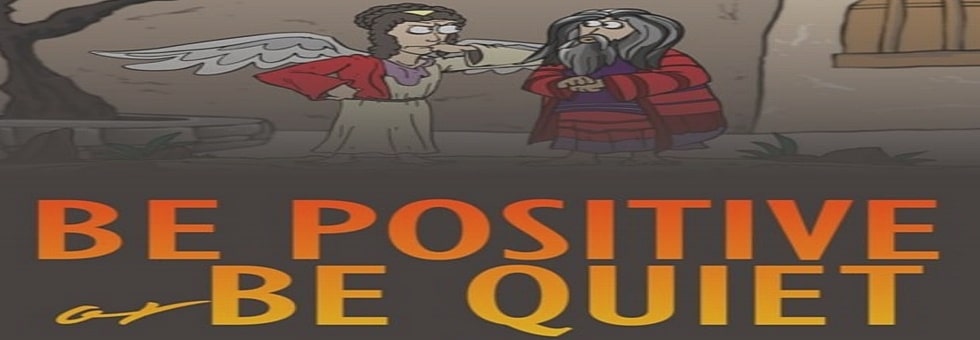
Confronting your fears is a vital step in building courage, which enhances resilience and personal growth. Your brain's evolutionary design, tuned for survival, sometimes triggers exaggerated fear responses to modern stresses. By understanding and gradually facing these fears, you reshape cognitive distortions and strengthen your bravery. Social conditioning often amplifies fear, so recognizing and challenging these norms fosters genuine self-expression. As you bravely face fears, your opportunities to cultivate deeper courage expand, offering profound transformation.
Key Takeaways
- Acknowledge fear as a natural protective mechanism that also signals growth opportunities.
- Practice gradual exposure to fears to build resilience and reduce anxiety.
- Understand and challenge cognitive biases that exaggerate fear perceptions.
- Cultivate courage through consistent, deliberate actions that push personal boundaries.
- Examine and redefine societal-induced fears to foster authentic self-expression and bravery.
Understanding the Dual Nature of Fear

While fear naturally protects you from danger, it also holds the potential to inhibit your willingness to take necessary risks.
Fear's purpose isn't just about survival; it's about signaling when to be cautious and when to challenge yourself. Understanding this dual nature can transform how you handle fear.
Acknowledging fear's benefits helps you realize that it's not just an obstacle but a guide towards personal growth and safety. By analyzing fear's role, you don't let it dominate; you learn from it, enhancing resilience.
Embrace this insight, and you'll find that fear, when managed well, can actually propel you forward.
The Role of Evolution and Neurology in Fear Responses
Understanding how evolution and neurology play essential roles in fear responses reveals why our bodies react the way they do to perceived threats.
Evolutionary mechanisms have shaped your brain's wiring over millennia, crafting neurological pathways that prime you for survival. When you sense danger, your amygdala activates, initiating the fight, flight, or freeze response.
Simultaneously, your prefrontal cortex assesses the threat's validity, sometimes overriding these primal reactions. This intricate interplay guarantees you're prepared, yet it can also be overzealous, responding excessively to modern, non-lethal stresses.
Recognizing this can empower you to manage fear more effectively, blending ancient biology with conscious understanding.
Developing Courage Through Practice and Experience

Although it might seem that some people are born with an innate sense of courage, the truth is that bravery can be developed through deliberate practice and experience.
You can enhance your courage development by consistently applying practice techniques that push you beyond your comfort zones. Start small, perhaps by speaking up in meetings or trying new activities, and gradually increase the challenges.
Each act of bravery, no matter how minor, builds your confidence and resilience. It's like strengthening a muscle; the more you exercise it, the stronger it becomes.
Embrace each opportunity to grow, and you'll find your courage expanding.
Cognitive Biases and Fear Management
If you've ever found yourself overestimating the likelihood of a negative outcome, it's likely the availability heuristic at play, a common cognitive bias that can amplify your fears unnecessarily.
This distortion skews your perception, making you believe that these feared events are more probable than they actually are.
To manage this, consider building a fear hierarchy, gradually exposing yourself to these fears in a controlled and systematic way.
This method helps in restructuring your cognitive distortions by providing evidence against the exaggerated dangers.
As you climb this hierarchy, you'll likely find that your fears become less intimidating, fostering a healthier approach to fear management.
The Impact of Social Conditioning on Fear

While you navigate through life, societal norms and expectations subtly shape your beliefs and behaviors, often amplifying your fears in ways you mightn't even realize.
This form of fear conditioning isn't just about immediate reactions; it embeds deep-seated anxieties about not meeting societal expectations. You're taught to fear failure, rejection, and deviation from the norm.
Each of these fears, instilled through various social interactions and media influences, dictates your choices and limits your potential.
Understanding this can empower you to question and redefine these imposed fears, fostering a pathway to genuine self-expression and courage.
Practical Strategies for Facing and Overcoming Fear
Understanding the pervasive impact of social conditioning on your fears is the first step; now, let's explore actionable strategies to effectively confront and manage these fears.
Exposure therapy, a well-researched approach, gradually introduces you to your fears in a controlled environment, lessening their intensity over time.
Simultaneously, mindfulness techniques can anchor you in the present, reducing anxiety triggered by fear-inducing thoughts.
By regularly practicing these methods, you'll notice a shift in how you respond to fear, moving from avoidance to engagement.
Inspiring Courage in Others by Defying Societal Norms

When you challenge societal norms, you not only redefine your own boundaries but also inspire others to embrace their courage. Your act of fear defiance breaks down the barriers set by societal expectations, showing that it's feasible and often necessary.
Consider how defying norms can lead to:
- Empowerment of marginalized groups
- Innovation in stagnant sectors
- Cultural shifts towards inclusivity
These actions create ripples, encouraging others to question and confront their own fears.
Frequently Asked Questions
How Does Age Affect Our Perception and Management of Fear?
As you age, maturity effects often reduce age-related anxiety, enhancing your ability to manage fear through gained experience and wisdom. Analyzing past fears, you'll find strength and adapt strategies for future challenges.
Can Certain Diets or Foods Influence Our Fear Responses?
You'd think chocolate scares you less, right? However, in nutritional psychology, no direct diet alters fear responses considerably, but a balanced diet can support brain health, potentially moderating how you handle fear.
Are There Gender Differences in Experiencing and Expressing Fear?
Yes, gender differences in fear expression exist, influenced by cultural norms and gender stereotypes. You might express fear differently due to societal expectations, impacting your emotional resilience in various situations.
What Role Does Sleep Play in Fear Processing and Courage Building?
You've likely noticed how sleep deprivation affects your emotions. Proper REM sleep plays an essential role in processing fear and building courage by helping regulate emotional responses and enhance mental resilience.
How Do Different Religions Interpret and Handle the Concept of Fear?
Different religions interpret fear through spiritual teachings that often encourage facing it as a test of faith. Fear rituals vary, aiming to strengthen believers' resilience and understanding, while promoting growth and emotional fortitude.
Conclusion
You've peered into the abyss of your deepest fears and now stand ready to conquer giants. Harnessing the dual-edged sword of fear and courage, you're not just surviving; you're thriving. Every shiver of doubt fortifies your resolve, transforming you into an unstoppable force. Embrace this journey, for each step forward dismantles mountains of apprehension, paving the way for a life of monumental achievements. Remember, within you lies the power to not only face but master the specter of fear.
